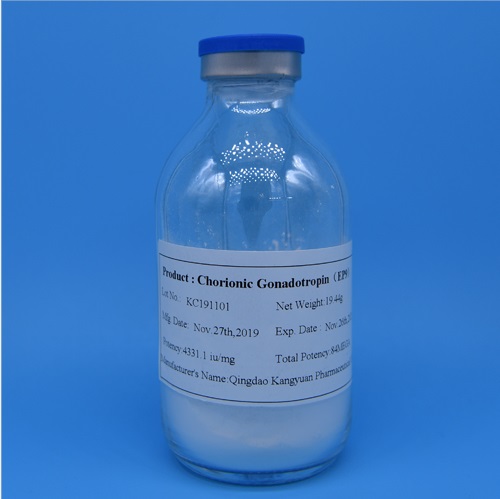In the realm of fertility treatments, two powerful medications, human
chorionic gonadotropin (hCG) and human menopausal gonadotropin (HMG), have
revolutionized the way we assist conception. This comprehensive guide aims to
shed light on the functions, benefits, and differences between hCG and HMG in
fertility treatments.
Understanding hCG:
hCG, a hormone naturally produced during pregnancy, is synthetically
derived for medical purposes.
Its primary role is to support the production of progesterone, essential
for maintaining a healthy pregnancy.
hCG injections can be used to trigger ovulation in women undergoing
fertility treatments or to treat certain hormonal imbalances.

Exploring HMG:
HMG is a combination of follicle-stimulating hormone (FSH) and luteinizing
hormone (LH), derived from the urine of postmenopausal women.
FSH stimulates the growth and development of follicles in the ovaries,
while LH triggers the final stage of egg maturation and ovulation.
HMG is commonly used in women with ovulatory dysfunction or as part of
assisted reproductive technologies.
Different Applications:
hCG injections are typically administered to trigger ovulation in women
undergoing fertility treatments.
HMG injections, on the other hand, are used to stimulate follicle and egg
development in women who do not produce enough FSH naturally.
Administration and Dosage:
Both hCG and HMG are administered through subcutaneous or intramuscular
injections.
The timing and dosage of these medications are determined based on the
individual's fertility treatment plan and response to therapy.
Guidelines must be closely followed to ensure maximum efficacy and minimize
potential risks.
Monitoring and Response:
Regular monitoring through blood tests and ultrasounds is vital during the
course of treatment.
Blood tests measure hormone levels and help assess the ovarian response to
therapy.
Ultrasounds assist in visualizing the growth and development of follicles,
guiding the timing of ovulation or fertility procedures.
Potential Side Effects:
Common side effects of hCG and HMG may include injection-site reactions,
abdominal discomfort, bloating, breast tenderness, and mood swings.
Serious complications such as ovarian hyperstimulation syndrome (OHSS),
multiple pregnancies, and ectopic pregnancy are rare but require immediate
medical attention.
hCG and HMG are two medications that have transformed the field of
fertility treatments. While hCG primarily triggers ovulation and supports
pregnancy, HMG stimulates follicle growth and egg development. Understanding the
functions and differences between these medications is vital for maximizing
their benefits and minimizing risks. Close monitoring, adherence to the
prescribed dosage, and regular communication with healthcare providers are key
to optimizing outcomes in fertility treatments. By harnessing the power of hCG
and HMG, couples can enhance their chances of achieving their dream of
parenthood.